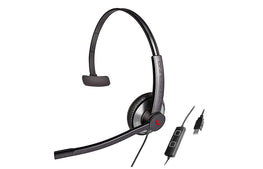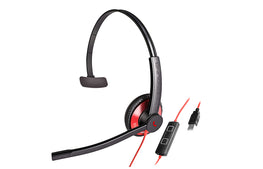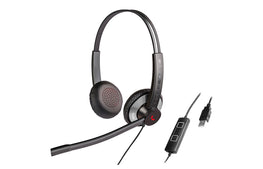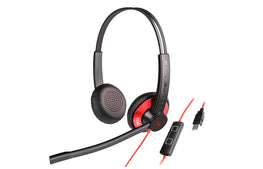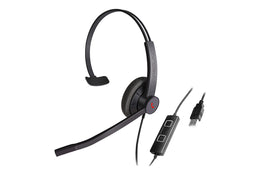
Health care and the data-driven future
A decade and a half into the 21st century, more and more industries are finding their focus switching to the collection, storage and manipulation of data. As increasingly large segments of our lives make the move to the digital realm, understanding how to manage and use consumer information is what defines some the most successful corporations.
The world of health care is no exception. The wider implementation of new technologies into all corners of the sector is having more of an impact than ever before and significant industry studies are beginning to examine the role of data in the future of health care.
In the Healthcare 3.0 report from KPMG, researchers found that, while there has been heavy investment towards improving information systems in the industry, many professionals still feel their work is restricted by backward-looking reports. Also, the inability to easily access data relating to clinical work can hamper important insight.
What the Healthcare 3.0 report suggests is, to improve efficiency and effectiveness for all doctors, patient data needs to be consolidated in such a way that it can be readily accessed, analysed and shared. Standardising the format of patient notes, for example, is a good first step to streamlining administrative information – a task easily achieved with Dragon Medical Practice Edition 3.
The trouble with data
Like many other industries, health care has struggled to keep up with some aspects of technological innovation. The rapid rise of digital data collection and management didn't exactly catch the world unawares, but developing ideas of how to interact with the information is an ongoing process.
PricewaterhouseCoopers' (PwC) Global Data and Analytics survey of 2014 queried over 1,000 senior executives about their businesses and how they interact with data. It was found that 30 per cent of respondents reported difficulty in identifying which information was actually useful, while 35 per cent believed that what was available suffered from inaccuracies, incompleteness or was simply of poor quality.
There seems to be little argument that data is going to play more of a significant role in most industries in future, but learning the best ways to harness and deploy that information is apparently still up for debate.
Learning from industry leaders
So, the dilemma for health professionals lies with how they can improve their data storage and management systems, and translating that to better patient care. Fortunately, some organisations are beginning to show the way forward.
In an Australian case study carried out by PwC, not-for-profit mental health company Headspace have implemented technology directly into their primary care model, reaching out to young patients in particular through eHealth initiatives and online information portals.
Speaking to the authors of the study, one expert summarised the importance of embedding technology and innovation into health care systems now, as younger generations increasingly move away from traditional service models in favour of modern alternatives.
"Smart, entrepreneurial providers and private companies will recognise this and adapt to new technology much faster than government systems will," they said.
Applying the data to patient care
One of the greatest challenges for medical professionals, as outlined by KPMG, is the ability to quickly retrieve patient records. Whether in preparation for a follow-up consultation, familiarising themselves with unique or uncommon conditions or referring to a colleague, being able to easily look back on past notes is crucial for every doctor.
The potential for greater collaboration between colleagues is one of the most exciting applications of the data-driven future. Although there are risks – the protection of individual privacy and control of information is a significant issue – new communication networks are changing huge segments of our society.
Perhaps unsurprisingly, a study by the Beth Israel Deaconess Medical Center in Boston found that patients reported a greater feeling of control over their own health outcomes when their doctor shared with them any notes on their condition.
Despite the belief of many doctors going into the 2012 study, co-author Jan Walker said the results indicated that patients seemed able to understand what they read in notes.
"Perhaps most important clinically, a remarkable number of patients reported becoming more likely to take medications as prescribed," added Walker. This suggests that allowing greater freedom of access to medical notes and histories was actually leading some people to change their own behaviour patterns concerning health.
Where does Dragon Medical voice recognition software fit in?
By standardising the format of notes taken by doctors, Dragon Medical can be of great benefit to a medical practice. Using specially built vocabularies suitable for any speciality and state-of-the-art digital voice recorders, Dragon Medical 3 is the ideal solution to any dictation needs.
Sharing notes, whether with colleagues or patients themselves, has been made simpler as well. Dragon Medical integrates seamlessly with a large number of medical administration applications, as well as the most popular office and email programs.
Embrace the future of note-taking today, and harness patient data with Dragon Medical 3.
The post Health care and the data-driven future appeared first on Speech Recognition Blog.

